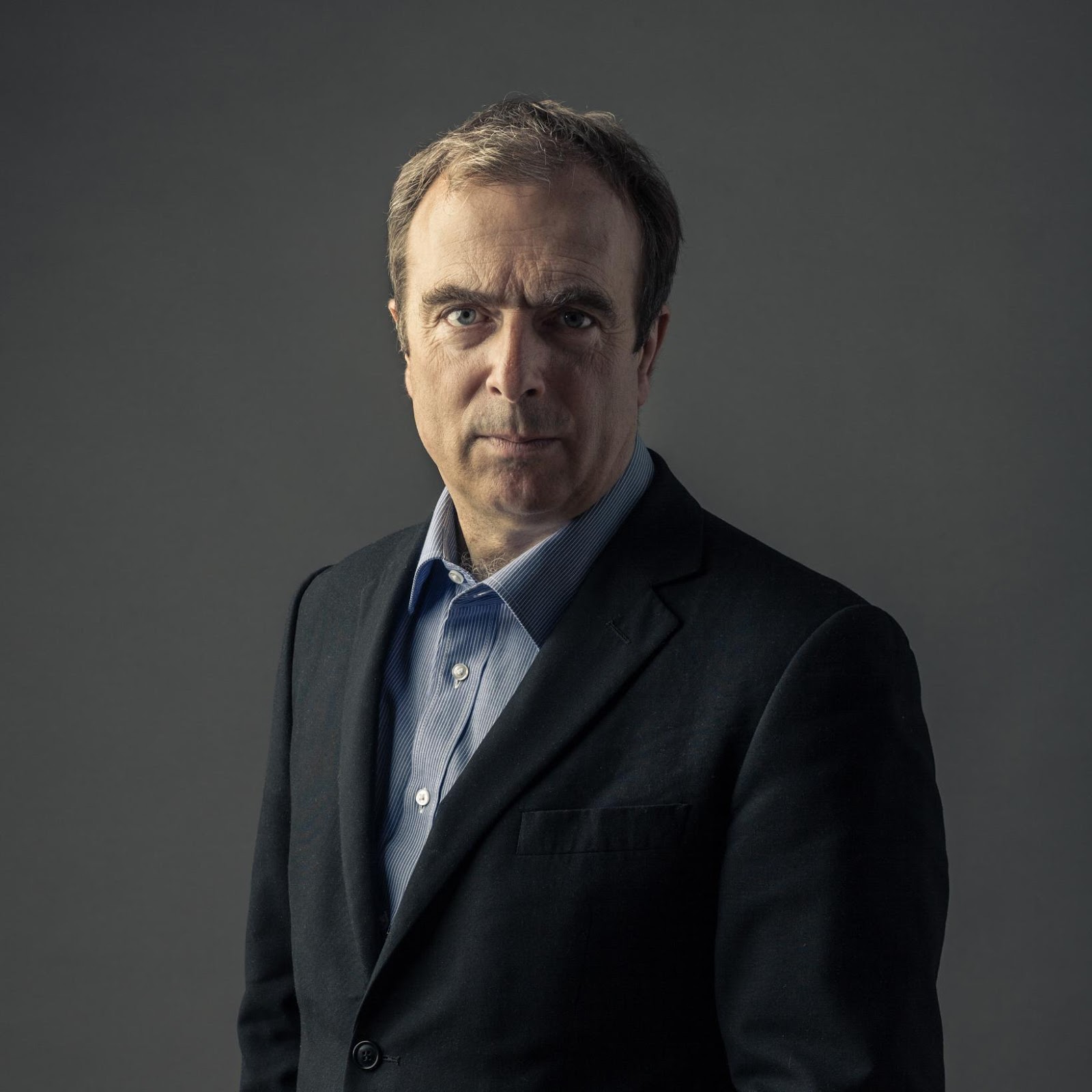Peter Hitchens is a prominent British journalist, author, and commentator known for his incisive critiques of contemporary society and politics. With a career spanning several decades, Hitchens has carved out a unique niche in the media landscape, often challenging the prevailing orthodoxy with his contrarian views. He is particularly recognized for his controversial stances on issues such as drug policy, foreign intervention, and the decline of traditional values, making him a polarizing figure in public discourse.
Born in 1951, Hitchens's early life was steeped in the political and cultural turbulence of the 1960s and 70s. He initially embraced leftist ideologies, working as a reporter for various left-leaning publications. However, over time, he underwent a significant ideological shift, adopting conservative principles that would shape his later work. This transformation is often cited as a key element of his identity as a commentator, as he now stands in stark contrast to many of his former colleagues.
In addition to his journalism, Peter Hitchens is the author of several influential books that delve into the complexities of modern life, religion, and morality. His writing often reflects a deep concern for the moral fabric of society, urging readers to reconsider their values and beliefs in an increasingly chaotic world. As we explore the life and thoughts of Peter Hitchens, we will examine his biography, personal details, and the key themes that define his work.
What is Peter Hitchens's Biography?
Peter Hitchens was born on October 28, 1951, in Sliema, Malta, to a British naval family. He was raised in England, where he would later attend the prestigious Magdalen College, Oxford. Hitchens began his career in journalism in the 1970s, eventually becoming a writer for The Daily Express and The Mail on Sunday. Over the years, he has also contributed to numerous publications, including The Spectator, The Telegraph, and various online platforms.
| Personal Details | Bio Data |
|---|---|
| Full Name | Peter Hitchens |
| Date of Birth | October 28, 1951 |
| Place of Birth | Sliema, Malta |
| Education | Magdalen College, Oxford |
| Occupation | Journalist, Author, Commentator |
| Notable Works | "The War We Never Fought", "The Abolition of Britain" |
What Are Peter Hitchens's Key Arguments?
Throughout his career, Peter Hitchens has presented a range of arguments that often challenge mainstream narratives. Some of his key arguments include:
- The Case Against Drug Decriminalization: Hitchens argues that the decriminalization of drugs would lead to increased addiction and societal decay, advocating instead for a more conservative approach to drug policy.
- Criticism of Western Intervention: He is a vocal opponent of military intervention in foreign conflicts, believing it exacerbates problems rather than solves them.
- Traditional Values in Decline: Hitchens frequently laments the erosion of traditional values and institutions, arguing for a return to a more moral and structured society.
Why Is Peter Hitchens Considered Controversial?
Peter Hitchens's views often spark heated debates, making him a controversial figure in the media. His willingness to voice unpopular opinions and challenge commonly accepted beliefs has garnered both praise and criticism. Many appreciate his commitment to intellectual honesty, while others accuse him of promoting regressive ideas. This duality is a testament to the complex nature of public discourse today.
How Has Hitchens Influenced Modern Journalism?
Peter Hitchens's unique approach to journalism has influenced a generation of writers and commentators. By eschewing political correctness and embracing a contrarian stance, he has paved the way for others to explore controversial topics without fear of backlash. His work encourages critical thinking and fosters a culture of open dialogue, which is increasingly important in today's polarized society.
What Are Some of Peter Hitchens's Notable Publications?
Peter Hitchens has authored several books and articles that have made significant impacts in both literary and political circles. Some of his notable publications include:
- The Abolition of Britain: A critique of the cultural and societal shifts that have occurred in the UK since the 1960s.
- The War We Never Fought: An exploration of the British involvement in the Iraq War and its implications.
- Rage Against God: A personal reflection on faith and atheism, examining his own beliefs and the broader societal implications.
What Is Peter Hitchens's Perspective on Religion?
Religion plays a pivotal role in Peter Hitchens's worldview. Once an atheist, he has since embraced Christianity and often writes about the importance of faith in contemporary society. Hitchens argues that a moral framework grounded in religious belief is essential for maintaining social order and addressing the ills of modern life. His perspective is deeply personal and reflects a broader concern for the spiritual well-being of society as a whole.
How Does Peter Hitchens Engage with His Audience?
Peter Hitchens engages with his audience through various platforms, including social media, public speaking events, and written publications. He often invites readers and viewers to challenge his views, fostering an environment of open discussion. His willingness to confront opposing opinions head-on is a hallmark of his engagement style, and it contributes to his reputation as a thought-provoking commentator.
What Legacy Will Peter Hitchens Leave Behind?
As a prominent figure in modern journalism, Peter Hitchens is likely to leave a complex legacy. His contributions to political discourse and his commitment to challenging societal norms will be remembered by both supporters and detractors. The conversations he has sparked about morality, politics, and the role of traditional values in modern society will continue to resonate long after his voice has faded from the public stage.
In conclusion, Peter Hitchens serves as a reminder of the importance of dissenting voices in a democratic society. His career reflects a dedication to exploring the depths of human thought and morality, challenging us to reconsider our beliefs and values in an ever-changing world.




